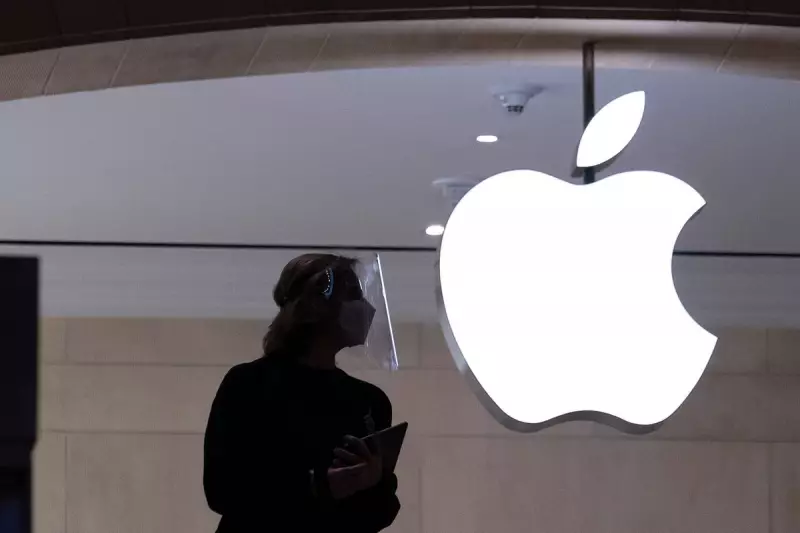
In a stunning case of technological deception, US federal prosecutors have charged a Maryland man with orchestrating a multi-million dollar scam that targeted Apple with a flood of counterfeit devices.
The elaborate fraud, detailed in court documents, saw the suspect ship inauthentic iPhones and other Apple products to the company's repair centres. The counterfeit items were so convincingly manufactured that they successfully passed initial inspections, duping Apple into replacing them with genuine, working devices from its inventory.
The Mechanics of the Multi-Million Dollar Con
The scheme's mastermind, identified as Hao Peng Hsu of Montgomery County, allegedly began his operation in December 2020. Court filings reveal that over 5,000 fake devices were submitted, with Apple ultimately losing an estimated $2.5 million in legitimate stock given in exchange for the worthless counterfeits.
Investigators tracked a trail of over 600 postal shipments sent to Apple, all originating from the same location. The sheer volume and consistency of these deliveries eventually raised red flags, triggering a deeper investigation into the suspicious repair requests.
How the Scheme Unravelled
The sophisticated con began to collapse under the weight of its own ambition. The constant stream of packages from a single source eventually caught the attention of Apple's security team and law enforcement.
Authorities executed a search warrant at a residence linked to the shipments, uncovering a veritable counterfeit operation. Evidence seized included:
- Numerous fake iPhones with tampered serial numbers
- Packaging materials identical to Apple's official products
- Shipping labels and documentation for ongoing deliveries
- Tools used for altering and replicating device identification markers
Hsu now faces serious federal charges for mail fraud and trafficking in counterfeit goods. If convicted, he could receive a substantial prison sentence, reflecting the sophisticated nature and significant financial impact of his alleged crimes.
A Growing Problem for Tech Giants
This case highlights an increasingly common threat facing major technology corporations. As counterfeit manufacturing techniques become more advanced, companies like Apple are forced to continually enhance their authentication and verification processes to protect against such sophisticated fraud attempts.
The case continues to develop as prosecutors compile evidence for what appears to be one of the more brazen and successful attempts to defraud a leading technology company through the exploitation of its customer service and repair policies.





